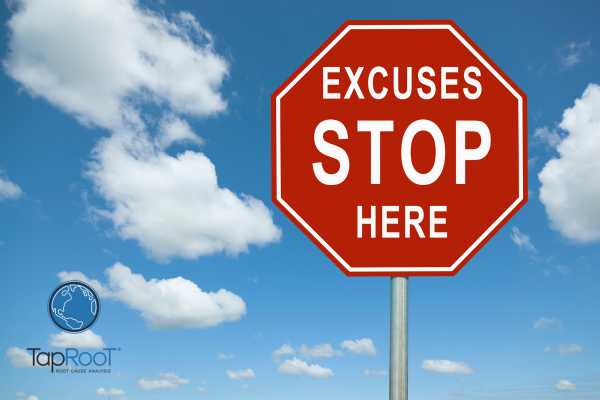Can You Stop Human Errors?
Recently, I read an article by a human factors expert that said human error can’t be eliminated but that errors can be managed. The article covered common information about skill-rule-knowledge-based behaviors and preventing slips and rule-based errors.
Just a couple of days later, I heard a talk about a method for” self-triggering” and recognizing when a mistake was about to be made so that you could stop yourself in the nick of time and avoid making a mistake.
The theory was that people are more error-prone when rushing, fatigued, frustrated, or complacent. When this is true, they are more likely to take their eyes and mind off a task, put themselves in the line of fire, or lose balance, traction, or grip.
All you need to do is constantly observe your own state of mind. If you become complacent, frustrated, rushed, or fatigued, you alert yourself to be careful and watch/think about what you are doing. Take a break to reduce fatigue. Stop rushing and realize that your frustration is counterproductive.
Simple, right?
You can also work on habits to self-check for errors when you might be in an error-like situation (like being distracted).
What’s wrong with this?
It requires people to exhibit behaviors that aren’t “human.”
People are really bad at self-monitoring.
It’s unlikely that if you are hurried, fatigued, frustrated, or complacent, you will notice it “just in the nick of time.”
However, if you admit you were hurried, fatigued, frustrated, or complacent afterward, the condition seems like an obvious precondition, and you failed to notice. Thus, your failure is the “cause” of the accident.
What’s a better idea? To use human factors tools to improve the human reliability of the tasks and use mistake proofing to trap or prevent errors that can’t be tolerated.
Whenever your performance improvement initiative requires people to be like machines, I bet that the program will fail.
Instead, use humans where their skills are needed and automation where unvarying performance is needed.
(Written by Mark Paradies in the February Root Cause Network™ Newsletter, Copyright © February 2012 by System Improvements. Reprinted by permission.)



